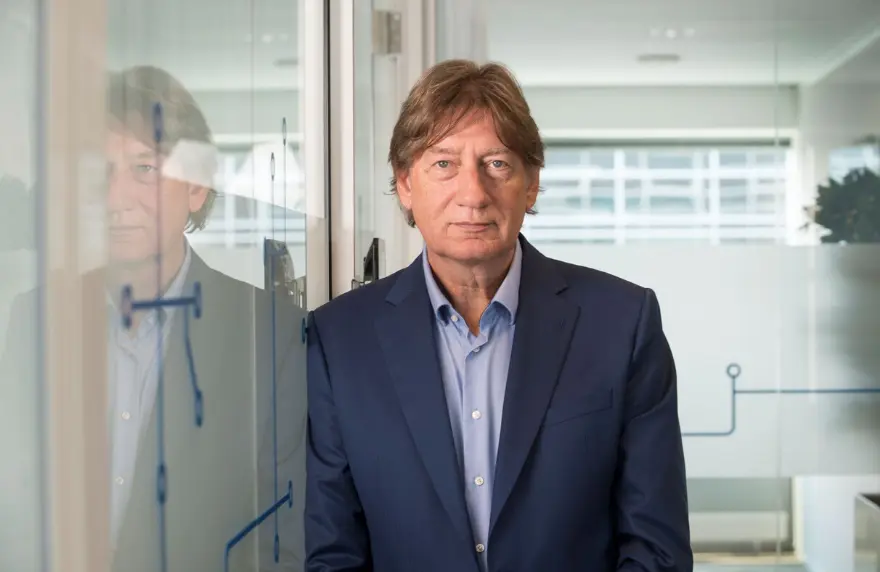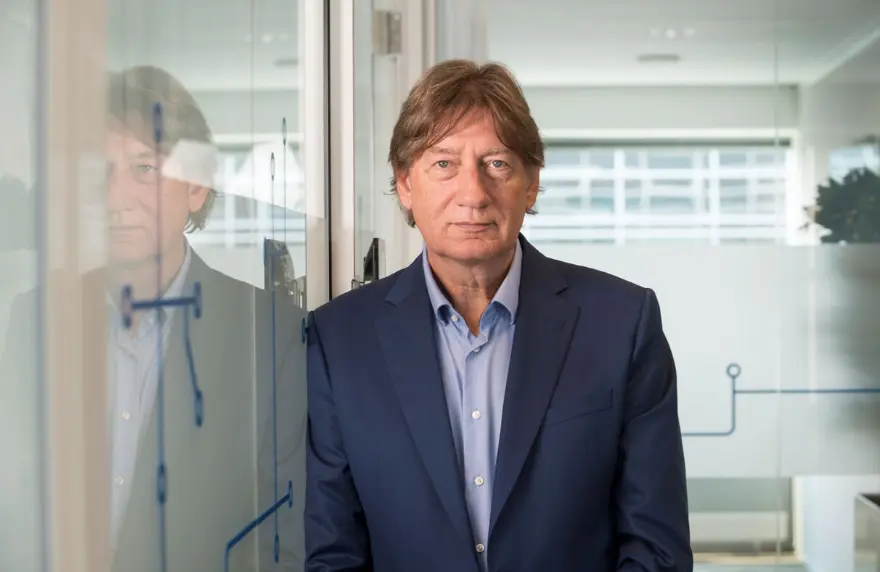Hele en halve gekken zetten zendmasten in de fik omdat 5G ziektes zou veroorzaken en er een relatie met de corona-uitbraak zou zijn. Want 5G was toch net uitgerold in Wuhan? Bill Gates wordt overigens nog vaker met het virus in verband gebracht. Hij zou het virus hebben uitgevonden en een vaccin willen ontwikkelen met een microchip erin.
Theorieën over complotten om met vaccins de wereld te beheersen hebben een ongekende aantrekkingskracht. Breng met vaccins nanochips of proteïnen in die het DNA kunnen veranderen en je maakt van mensen robots in dienst van hun machthebbers. Logisch toch?
Ernstiger is het als landen desinformatie gebruiken om hun positie te versterken. Al tijdens de Koude Oorlog was bekend dat Rusland de Navo wilde verzwakken met ‘informatie-operaties’. Daarmee kan je verdeeldheid zaaien onder de bevolking en de politieke besluitvorming beïnvloeden.
Ook toen al wist men dat de boodschap het meest effectief kon worden verspreid door deze door niet-Russen te laten uitdragen. Inderdaad is het veel effectiever als Thierry Baudet zegt dat de Navo moet verdwijnen of als hij twijfel zaait over de toedracht van MH17. Kritiek op Rusland is bij Baudet niet te horen en hij is dol op de visies van Poetin-adepten als Kornilov en Laughland.
Volgens de buitenlanddienst van de EU is Rusland nu bezig met een campagne om het coronabeleid van de EU te ondermijnen en verdeeldheid te zaaien over de oorsprong van en maatregelen tegen het virus. Vanuit Russische koker komen veel van de verhalen over nanochips en Bill Gates. Ook Trumps oproep om hydroxychloroquine te gebruiken tegen het coronavirus circuleert in Russische kringen van nepnieuwsverspreiders. Gelukkig halen de mensen hun schouders erover op.
Grote winnaar
China wil ook zijn positie ten opzichte van het westen versterken. Daarbij volgt Peking een andere tactiek. China wil het beeld vestigen als de grote winnaar van de strijd tegen het virus. Trump wordt daarom als loser weggezet. Dat laatste is gemakkelijk. Geen Chinese propaganda haalt het bij een president die mensen oproept zich met een desinfectiemiddel tegen het virus te injecteren.
Ingenieuzer is het argument van de cijfers. Eind april telde China 82.000 besmettingen en 4.600 doden. In de Verenigde Staten, dat een kwart van de inwoners van China telt, stond de teller toen op een miljoen geïnfecteerden en 56.000 doden. De boodschap is duidelijk: China’s aanpak is het model voor de wereld. Voeg dat bij grootschalige hulp aan Europa en de kans is groot dat China’s model het voorbeeld voor de wereld wordt.
Lukt dat? Soms wel. De Italiaanse opiniepeiler SWG constateerde dat 10 procent van de Italianen in januari 2020 China als vriend zag en in maart 52 procent. Tegelijkertijd ging in Italië het vertrouwen in de EU omlaag van 47 naar 27 procent.
Maar ook blijkt dat open, democratische samenlevingen behoorlijk resistent zijn tegen nepnieuws, complotten en propaganda. Zeker als China zijn eigen propaganda met complottheorieën ondermijnt. Zo beweerde Zhao Lijian, de woordvoerder van het Chinese ministerie van buitenlandse zaken, dat het virus uit een biologisch laboratorium komt in het Amerikaanse Maryland.
Dit soort kulverhalen, de geringe transparantie over het ontstaan van het virus en notoir onbetrouwbare statistieken maken dat China’s verhaal steeds slechter overkomt.
Rob de Wijk is hoogleraar internationale relaties en veiligheid aan de Universiteit Leiden en oprichter van het Den Haag Centrum voor Strategische Studies (HCSS). Hij schrijft wekelijks over internationale verhoudingen. Lees zijn columns hier terug.






